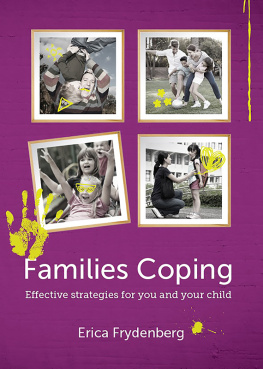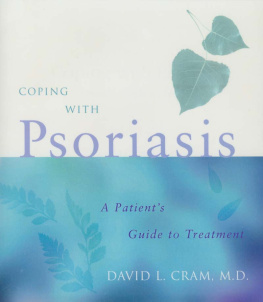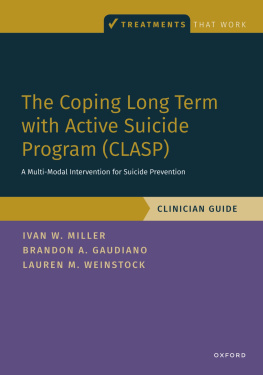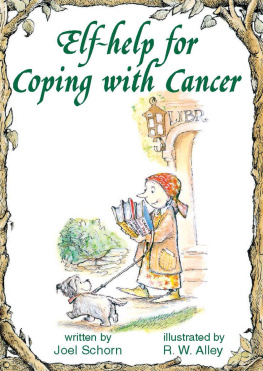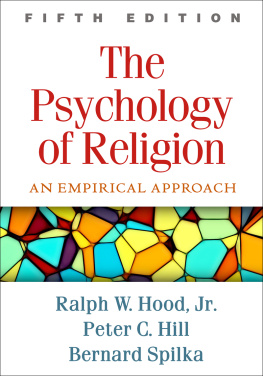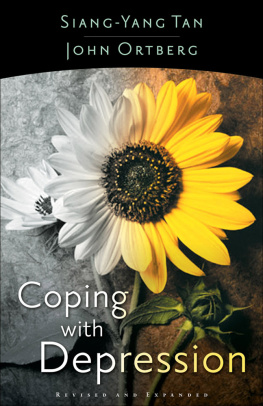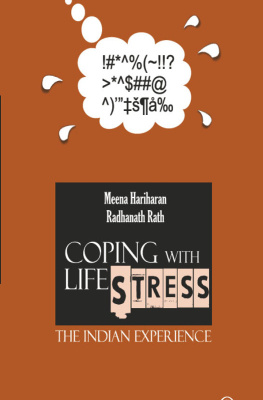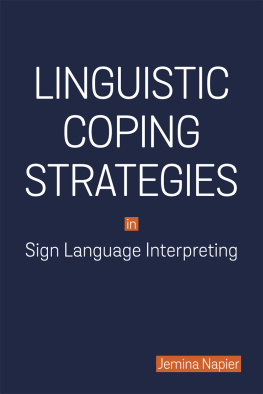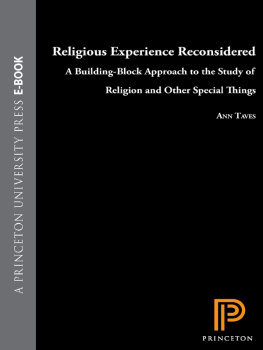
Meaning-making Methods for Coping with Serious Illness
This book provides an alternative, complementary approach to the existing conventional approaches to religious and spiritually oriented coping. By focusing on the role of culture, the authors take into account the methods employed by a vast number of people who do not directly identify themselves as religious. The empirical data used in this book derive from studies conducted in several countries; Sweden, China, South Korea, Turkey and Malaysia, across which religion plays a different role in the social and cultural life of individuals. This approach and these empirical data are unique and allow comparisons to be made between different cultural settings.
By introducing the concept of meaning-making coping, the authors explore the influence of culture on choice of coping methods, be they purely religious, spiritual or secular. The term meaning-making coping is used to describe secular coping methods that are related to existential questions; these methods include religious, spiritual and secular existential coping methods.
Meaning-making Methods for Coping with Serious Illness contributes to new approaches and theoretical models of coping. As such it is an invaluable resource for health care, medical, public health and sociology students and researchers. It will also be of interest to educators and policy-makers working in the area of health.
Fereshteh Ahmadi , PhD, Full Professor of Sociology, Faculty of Health and Occupational Studies, University of Gvle, Sweden. Professor Ahmadi is presently specializing in issues related to health, religion and spirituality. In addition, she has conducted research on gerontology , international migration, Islamic Feminism and Music and Coping at Uppsala University. She is responsible for a research on Diversity Barometer. She is also responsible for an international project on Meaning-Making Coping. The project involves researchers from Sweden, South Korea, China, Japan, Malaysia, Philippines, Brazil, Turkey, Portugal and Iran.
Nader Ahmadi, PhD, Full Professor of Sociology and pro vice-chancellor of the University of Gvle, Sweden. His research has mainly focused on areas such as welfare and social policy, international social work, identity and youth problems, coping strategies among cancer patients, socio-cultural perceptions of the self and gender roles. Professor Ahmadi has extensive experience of international research and development projects in more than 15 countries, from Eastern Europe to Central and South-East Asia. He has been a consultant for UNICEF, the UN, the World Bank, and the European Union.
Routledge Advances in the Medical Humanities
Collaborative Arts-based Research for Social Justice
Victoria Foster
Person-centred Health Care
Balancing the Welfare of Clinicians and Patients
Stephen Buetow
Digital Storytelling in Health and Social Policy
Listening to Marginalized Voices
Nicole Matthews and Naomi Sunderland
Bodies and Suffering
Emotions and Relations of Care
Ana Dragojlovic and Alex Broom
Thinking with Metaphors in Medicine
The State of the Art
Alan Bleakley
Medicine, Health and Being Human
Edited by Lesa Scholl
Meaning-making Methods for Coping with Serious Illness
Fereshteh Ahmadi and Nader Ahmadi
A Visual History of HIV/AIDS
Exploring The Face of AIDS film archive
Edited by Elisabet Bjrklund and Mariah Larsson
https://www.routledge.com/Routledge-Advances-in-Disability-Studies/bookseries/RADS
Meaning-making Methods for Coping with Serious Illness
Fereshteh Ahmadi and Nader Ahmadi
First published 2018
by Routledge
2 Park Square, Milton Park, Abingdon, Oxon OX14 4RN
and by Routledge
711 Third Avenue, New York, NY 10017
Routledge is an imprint of the Taylor & Francis Group, an informa business
2018 Fereshteh Ahmadi and Nader Ahmadi
The right of Fereshteh Ahmadi and Nader Ahmadi to be identified as authors of this work has been asserted by them in accordance with sections 77 and 78 of the Copyright, Designs and Patents Act 1988.
All rights reserved. No part of this book may be reprinted or reproduced or utilised in any form or by any electronic, mechanical, or other means, now known or hereafter invented, including photocopying and recording, or in any information storage or retrieval system, without permission in writing from the publishers.
Trademark notice: Product or corporate names may be trademarks or registered trademarks, and are used only for identification and explanation without intent to infringe.
British Library Cataloguing-in-Publication Data
A catalogue record for this book is available from the British Library
Library of Congress Cataloging-in-Publication Data
A catalog record for this book has been applied for
ISBN: 978-1-138-29936-8 (hbk)
ISBN: 978-1-315-09803-6 (ebk)
Typeset in Times New Roman
by Apex CoVantage, LLC
Valerie DeMarinis , Ph.D., Psychologist. Full Professor in Psychology of Religion and Cultural Psychology. She holds three professorships in Sweden and Norway in the areas of psychology of religion and cultural psychology, public health promotion, and public mental health. In the clinical context, she is responsible for developing the meaning-making assessment framework, including existential meaning, used in mapping patient worldviews. Her clinical work and research in these areas include international experience in Sweden, Norway, the United States, Brazil, Syria and Japan.
Health, existential information, and culture
It is a privilege to be invited to prepare the Foreword to this volume, Meaning-making Methods for Coping with Serious Illness . In so many respects, the volume contributes to one of the most important topics in healthcare today, across the globe in different cultural contexts, and in the new cultural formations brought about through globalization processes, involving movement of persons and groups by choice or due to forced circumstances.
My hope and intention in this Foreword is to provide a perspective for approaching the integrated concerns of health, existential information, and culture, which are also among the key concerns undergirding this volume. Naturally, this perspective emerges from the research, clinical consultation, and clinical work I have done particularly in the areas of mental health, addiction treatment, migration health, and mental health and well-being in palliative care. The name of the perspective is public mental health promotion, and the central question guiding us is: Why is meaning-making essential for promoting mental health and well-being in coping processes during serious illness?
Perspective of Public Mental Health Promotion
In 1980, the World Health Organization (WHO) through the initiative of the European office and the Ottawa Charter for Health Promotion (1986), developed a renewed understanding of the term, health promotion. Central to this understanding was a shift in perspective beginning with the definition of health as the ability to realize aspirations and satisfy needs and to change or cope with the environment. This third revolution in public health, as summarized by Kickbush (1986, 2003), sees health promotion as built on the following principles: 1) involve the population as a whole in the context of everyday lives; 2) be directed towards action on the determinants of health; 3) combine diverse but complementary methods or approaches; 4) aim for effective and concrete public participation; and, 5) involve health professionals. Areas covered by health promotion activities (Kickbush 1986, 2003) need to include: 1) access to health; 2) development of an environment conductive to health; 3) strengthening of social networks and social supports; 4) promoting positive health behavior and appropriate coping strategies; and. 5) increasing knowledge and disseminating information.


